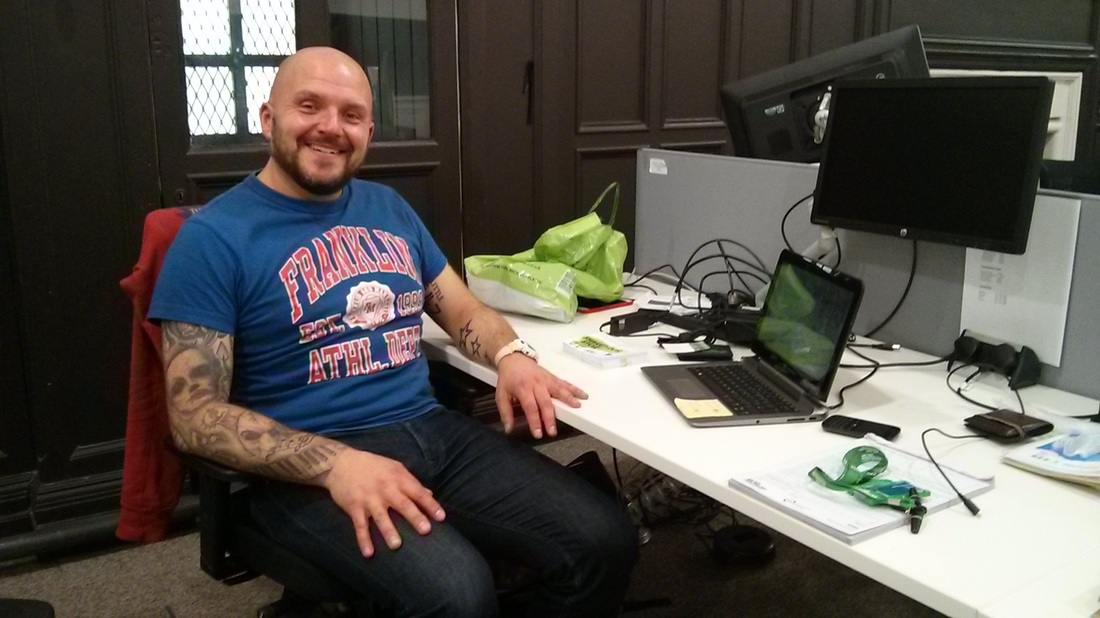The first one was with an old friend who is a very creative thinker and who has spent much of his life in business. We sat in one of Hove’s many cafés bouncing ideas back and forth. Two hours zipped by and, at the end, I felt much greater clarity about what I wanted to explore next in my writing.
When I reflect on what made this conversation so satisfying, I think first that we both felt able to express what was troubling us at the time – e.g. the challenge of structuring our days when working from home. But we didn’t dwell on that problem. Instead, we quickly switched our attention to what was beginning to feel possible and exciting in our working lives. We also both seemed willing to listen closely and to enter imaginatively into one another’s worlds. And there was an openness in our talk – we both expressed strong ideas but were receptive to different ways of thinking.
My second encounter took the form of a skype call with a wise friend who is always open to conversation and is very generous with his thinking (see www.johnshotter.com). Among other things, John and I discussed what hinders dialogue. Often, we agreed, it is overuse of abstract concepts. In the world of work, words like "impact", "culture" or "management" can easily close down further exploration, while in the wider world it might be "freedom", "equality" or even "migrant". If we use such concepts without saying what they mean to us personally, or without giving examples or relating stories from our own experience, we risk either ending up in conflict, or just seeming to agree with each other.
Much has been written about dialogue but on a practical level I think we all recognise a good conversation when we see it. For example, we know when people are listening attentively; we can tell when they are exploring as they talk, rather than offering finished thoughts; and we can judge when they are talking from within a real experience rather than generalising in an aloof way.
To my mind, it's well worth giving the quality of conversation close attention, and seeking out conversations that uplift us.
Related reading
John Shotter: "Against 'concepts' and 'definitions' –available here.
John Shotter: "Getting it: withness-thinking and the dialogical in practice" (Hampton Press, 2011).


 RSS Feed
RSS Feed